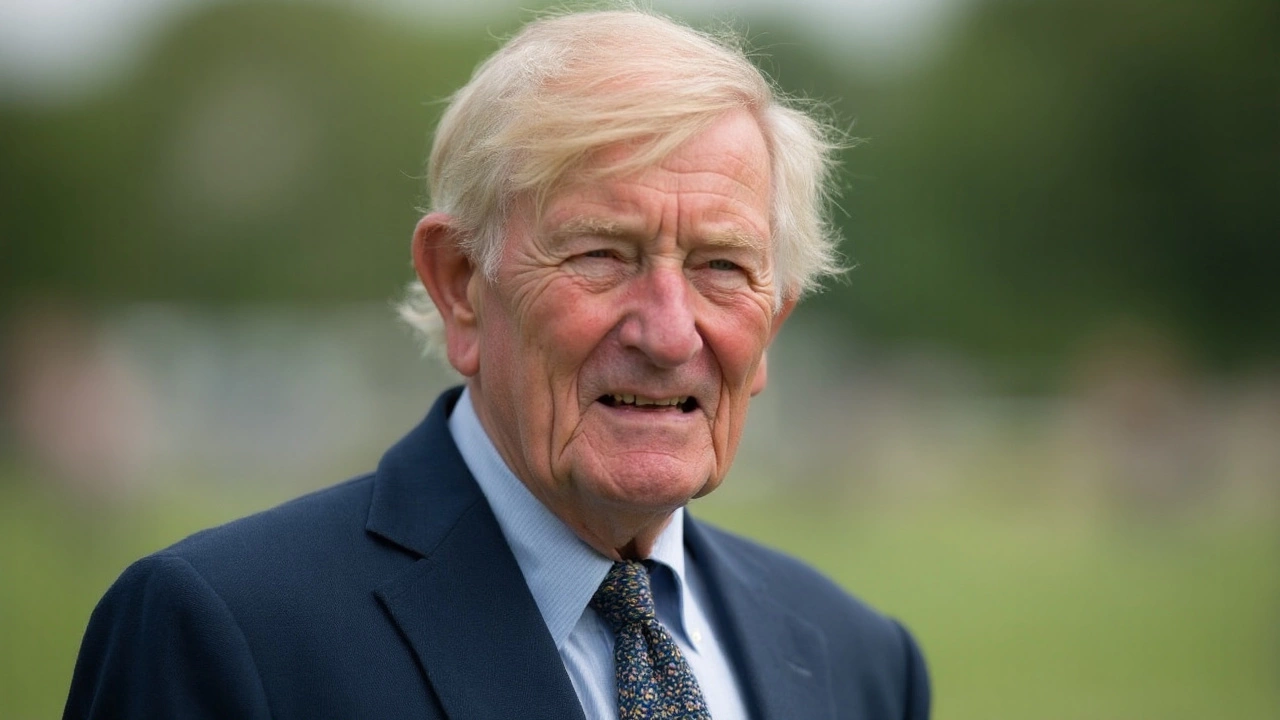Early Life and Playing Career
Harold Dennis Bird entered the world on 19 April 1933 in the Church Lane area of Barnsley, Yorkshire. He grew up in a coal‑mining family; his father worked underground and the family lived in a cramped terraced house that was later demolished during a slum‑clearance programme. At the age of two, the Birds were relocated to the New Lodge estate, a move that would shape his childhood.
School didn’t come easy for the young Harold. He failed the 11‑plus exam in 1944 and was sent to Raley Secondary Modern School, where he left at fifteen. A brief stint in the mines followed, but the soot‑filled tunnels never felt right for him. He decided to chase the sport he loved and began training as a cricketer.
Bird’s right‑handed batting took him to the first‑class arena with Yorkshire and later Leicestershire. Over 93 matches he managed two centuries – a modest tally that belied his evident passion for the game. A persistent knee injury, however, forced him to hang up his pads at the relatively young age of 31, cutting short a playing career that many believed could have gone further.
Umpiring Legend and Legacy
Retirement from playing opened the door to a new calling behind the stumps. Bird’s first international appointment came in the early 1960s, and his natural sense of fairness quickly earned respect. Over the next three decades he would officiate in a record‑breaking 66 Test matches – a world record at the time – and 69 One Day Internationals, three of which were World Cup finals.
His stern yet fair decisions were only part of the draw. Bird was famous for his quirky gestures, his unmistakable grin, and a habit of standing a step back from the bowler’s end, as if to get a better view of the drama. Fans began to recognize his silhouette on television, and his name started to appear more often than many of the stars he was judging.
- 66 Test matches (world record at retirement)
- 69 ODIs, including 3 World Cup finals
- President of Yorkshire County Cricket Club (elected 2014)
- Autobiography "Dickie Bird: My Life in Cricket" sold over one million copies
In February 2014 Yorkshire County Cricket Club honoured him by voting him club president at the AGM on 29 March. The move highlighted how deeply he was woven into the fabric of Yorkshire cricket, not just as an umpire but as a cultural ambassador.
Bird’s 1997 autobiography broke sales records for a cricket memoir, moving more than a million copies worldwide. Readers were drawn to his candid storytelling, his humour about the quirks of the game, and the behind‑the‑scenes anecdotes that only an insider could share. The book cemented his status as a personality whose fame rivalled that of the players he oversaw.
Beyond the numbers, Bird’s influence can be felt in the way modern umpires conduct themselves. He championed a calm, approachable demeanor that encouraged dialogue with captains and bowlers alike. Many current officials cite him as a role model for balancing authority with humanity.
His passing on 22 September 2025 at the age of 92 marks the end of an era. Tributes poured in from former colleagues, players, and fans worldwide, each recalling a moment when Dickie Bird’s distinct voice or cheeky grin made a match unforgettable. While the game will keep moving, his larger‑than‑life presence will remain a touchstone for anyone who loves cricket’s timeless drama.
